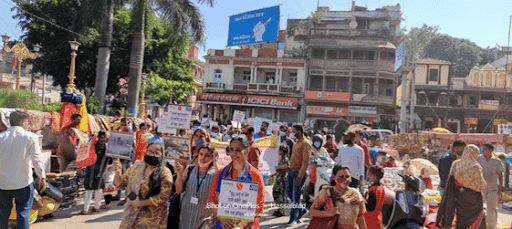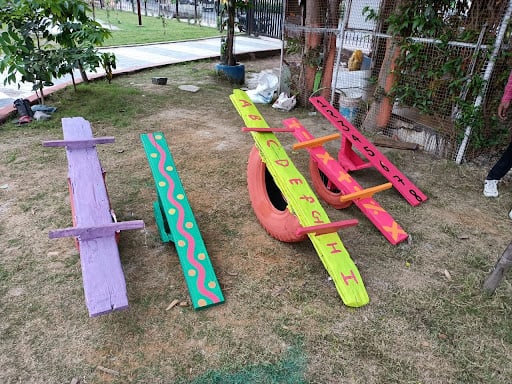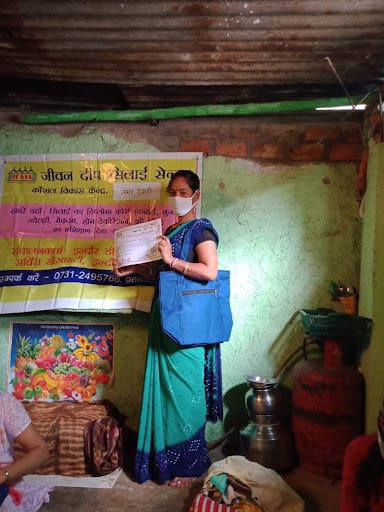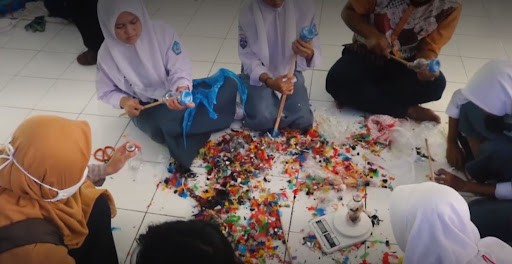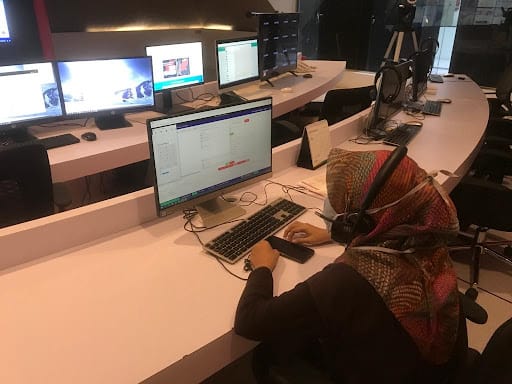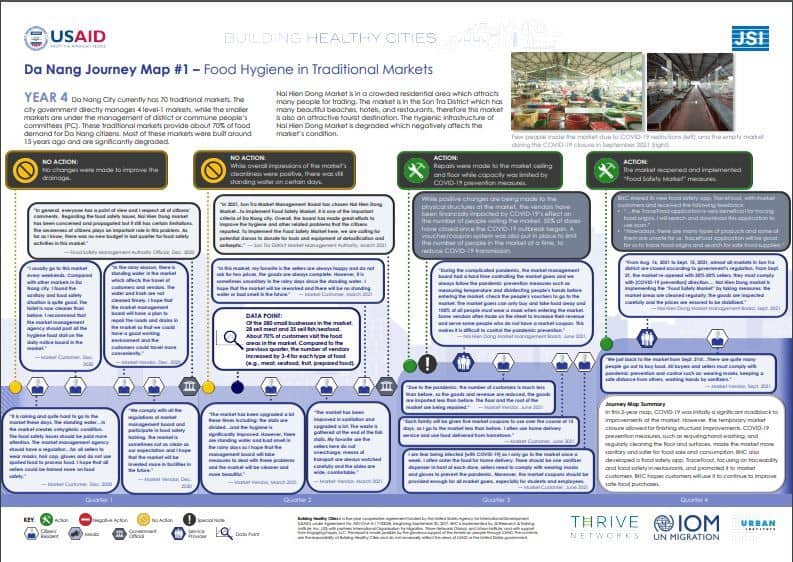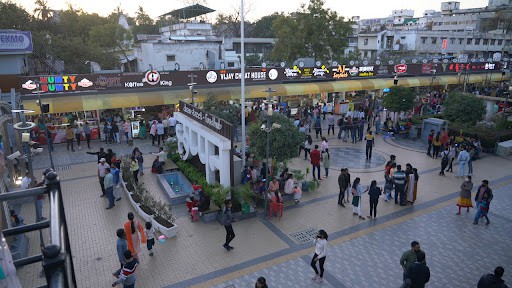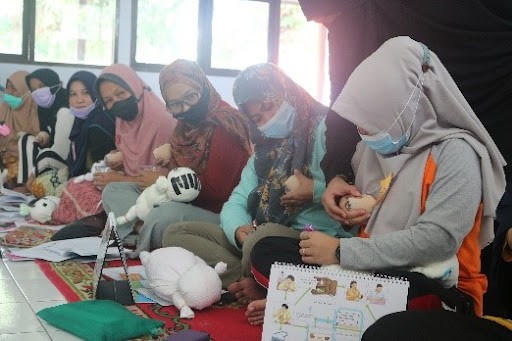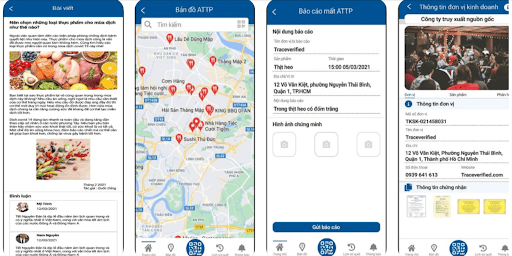From 2017 until 2022, the USAID-funded Building Healthy Cities (BHC) project used a health equity lens to refocus city policies, planning, and services in Smart Cities in India, Indonesia, Vietnam, and Nepal. Smart City planning is intrinsically linked to health; transportation, sanitation, education, recreation, technology, and the environment all affect the health of an urban population. When decision-making across these areas is harmonized, people have improved access to health services, decreased environmental and lifestyle risk factors for chronic diseases, and a lower burden of infectious diseases.
Over five years, BHC trained 3,700 people on a range of urban health-related topics; engaged 29 community organizations in BHC initiatives; and influenced 17 city or state policies through data-driven decision making.
BHC’s Core Values
Through its work, BHC identified three core values of healthy urban planning: multi-sector engagement, citizen empowerment, and data for decision making. These values were included in all BHC work and have been incorporated into city governments to continue practicing after the project ends. BHC created multi-sector health working groups that are now run by city officials. The project also increased awareness about citizen reporting systems, especially among vulnerable populations, to increase citizen participation and improve data quality.




